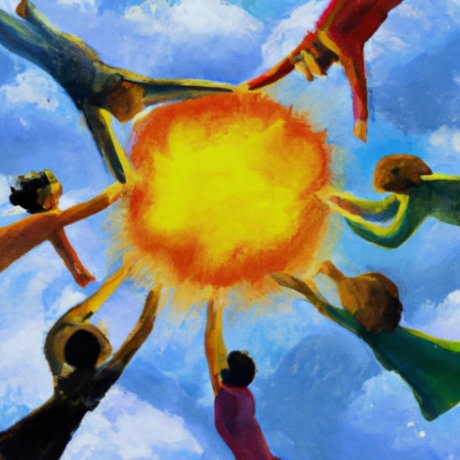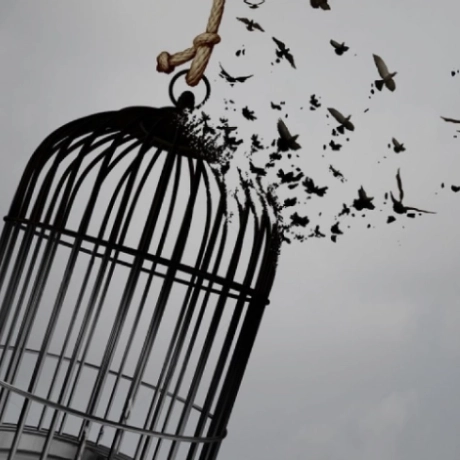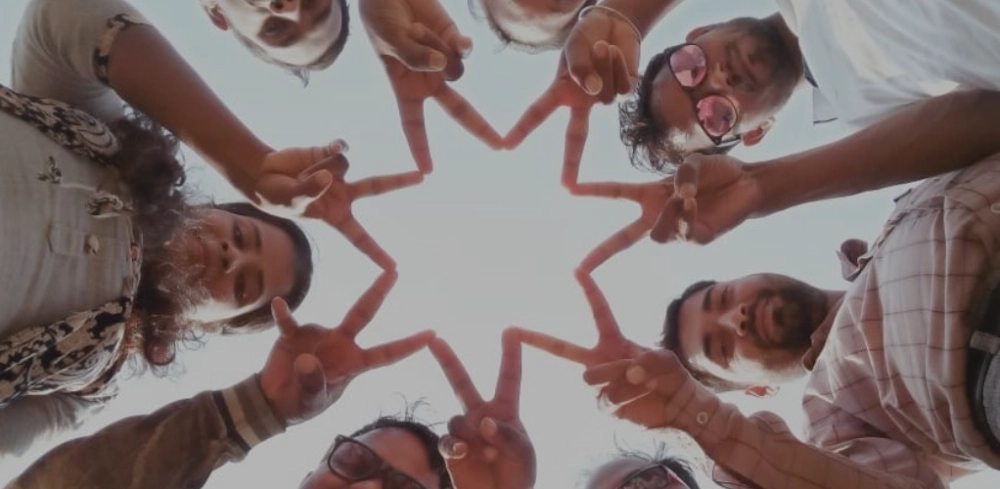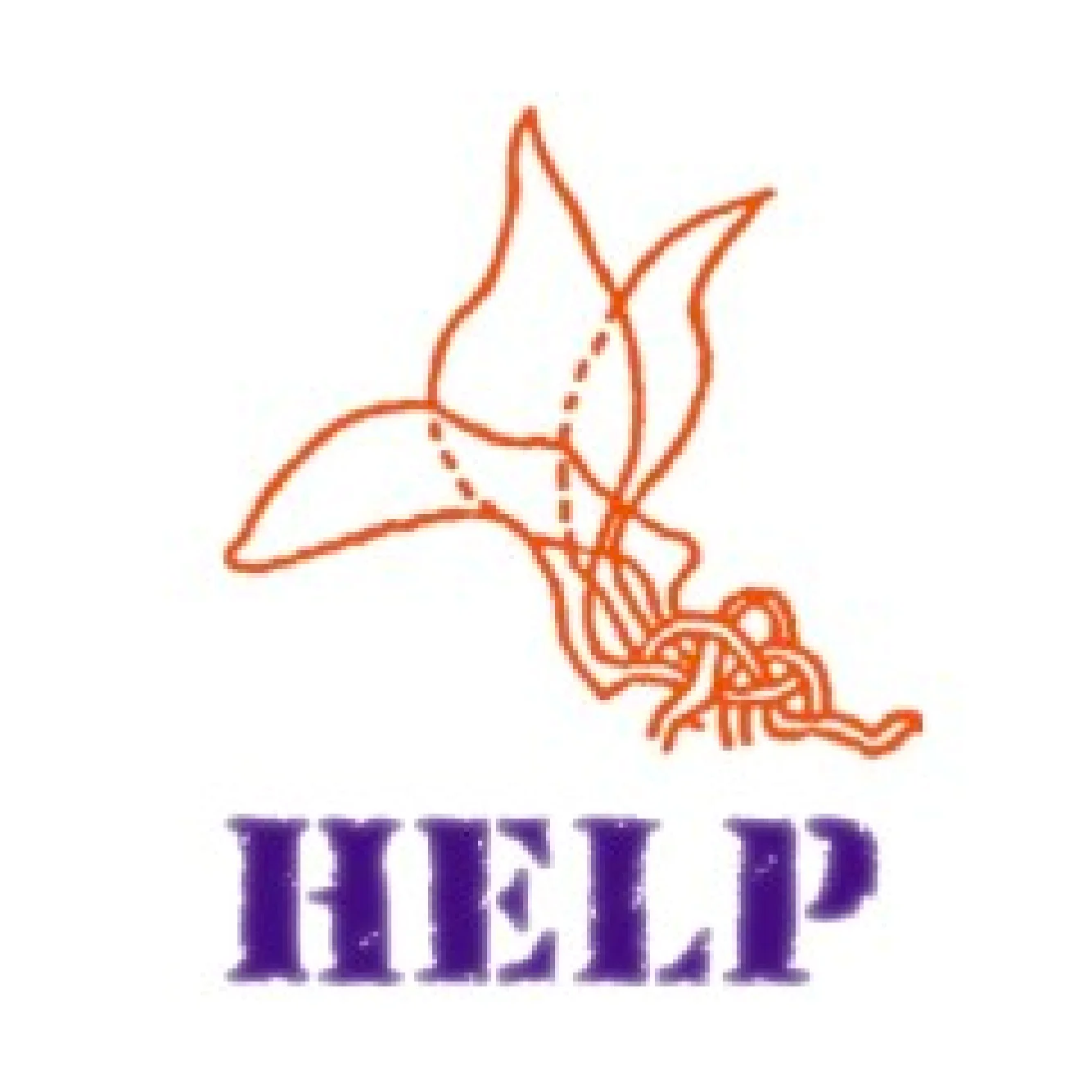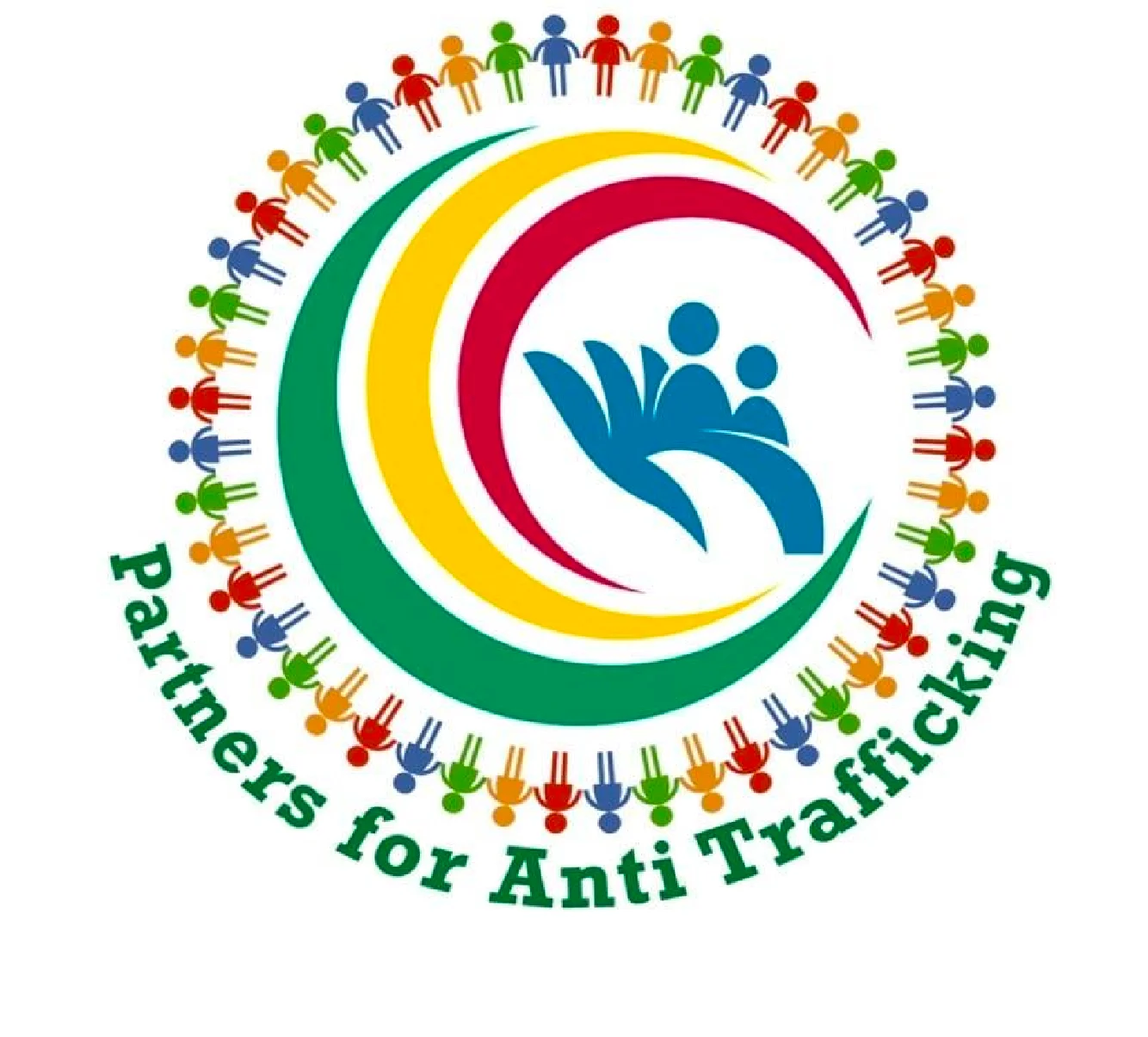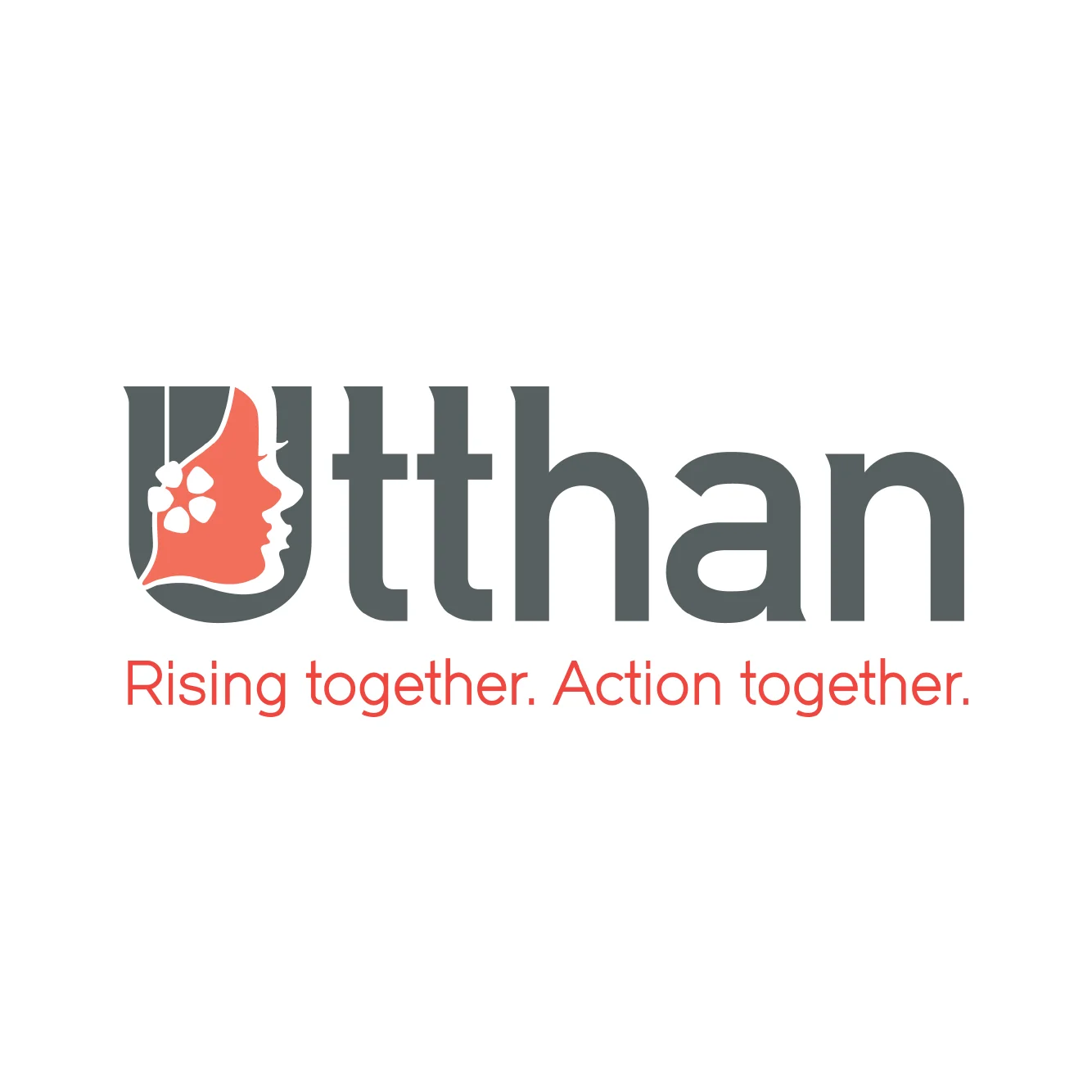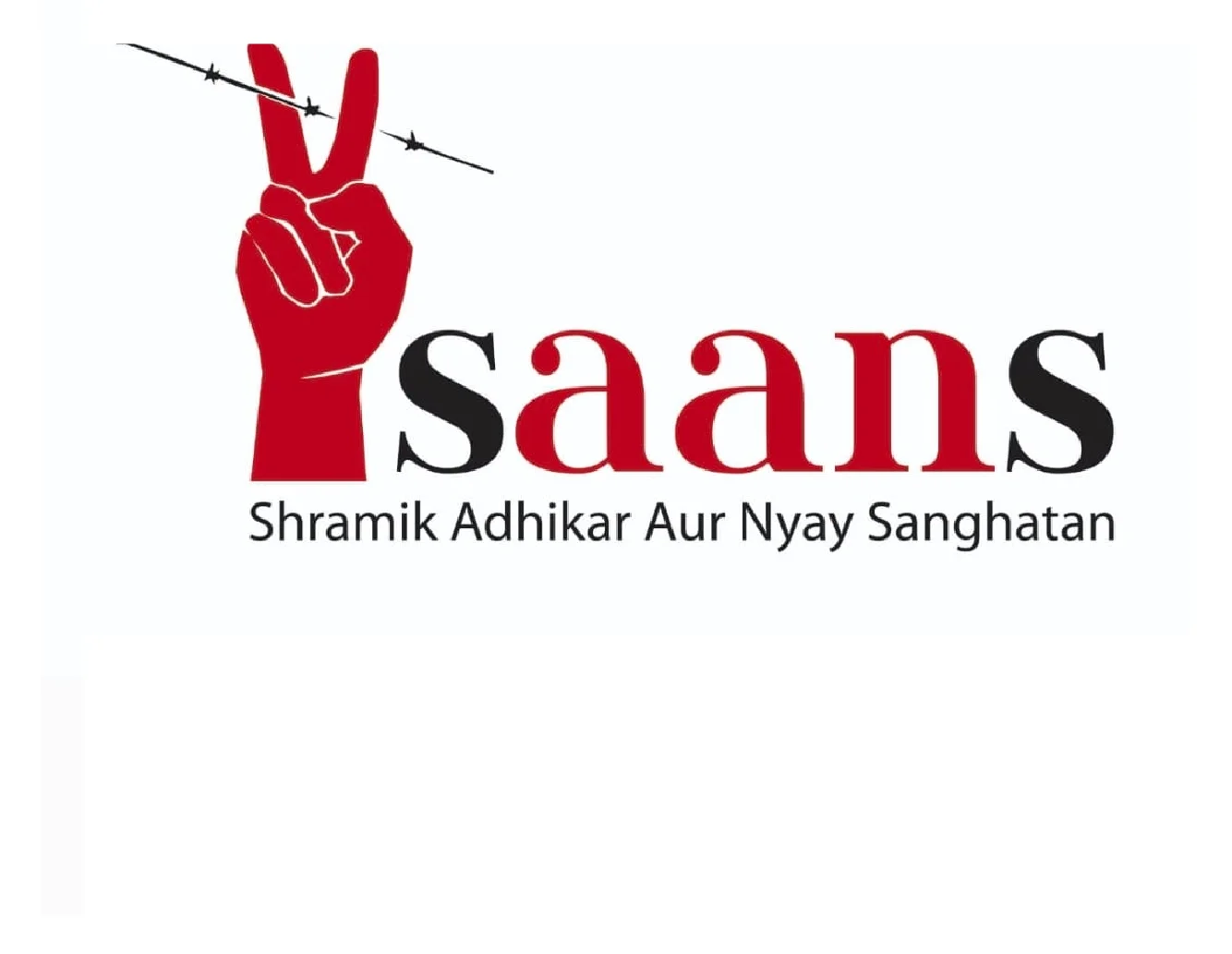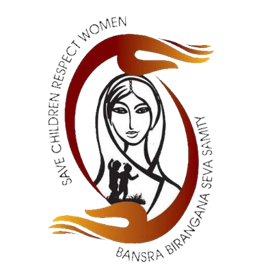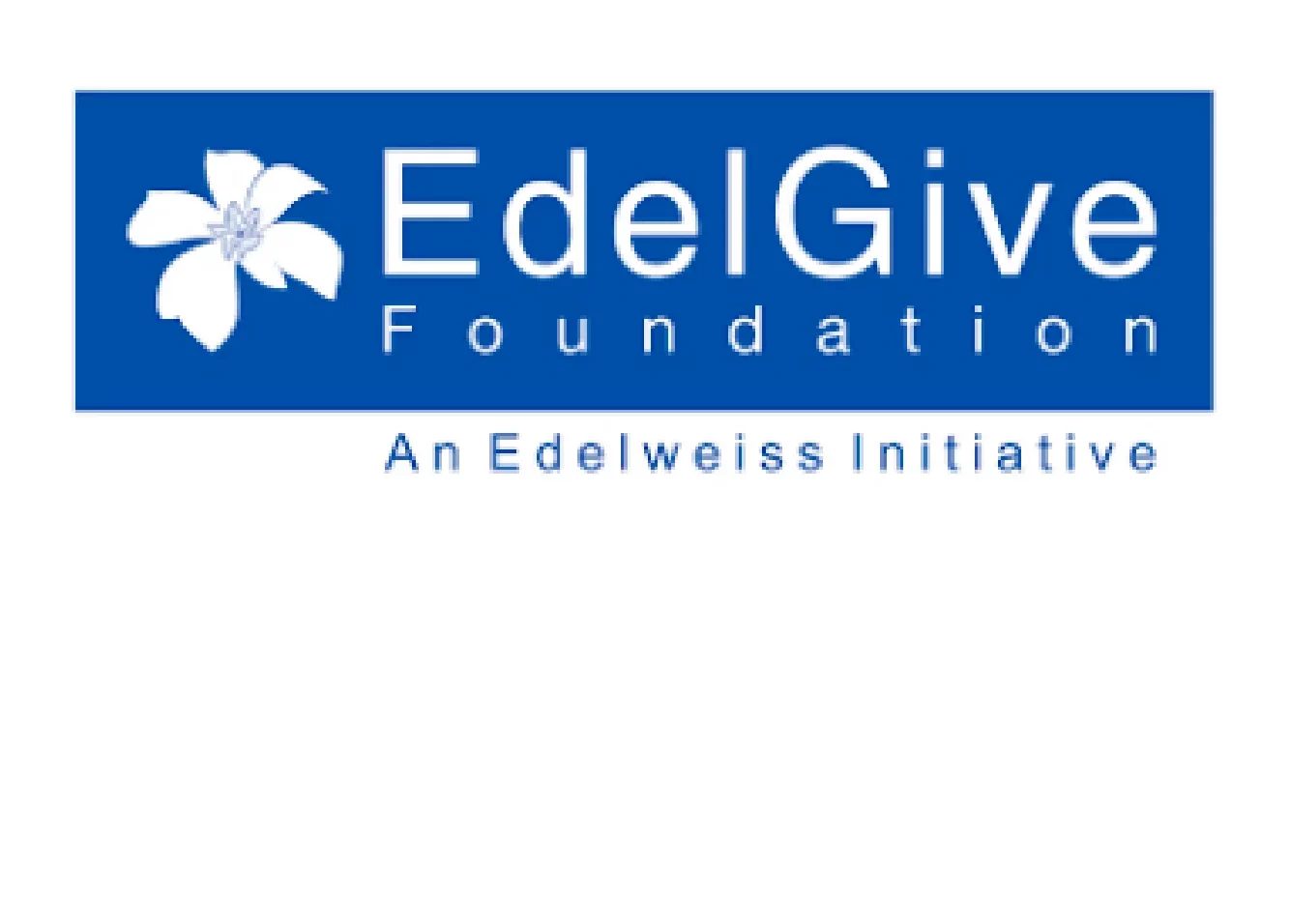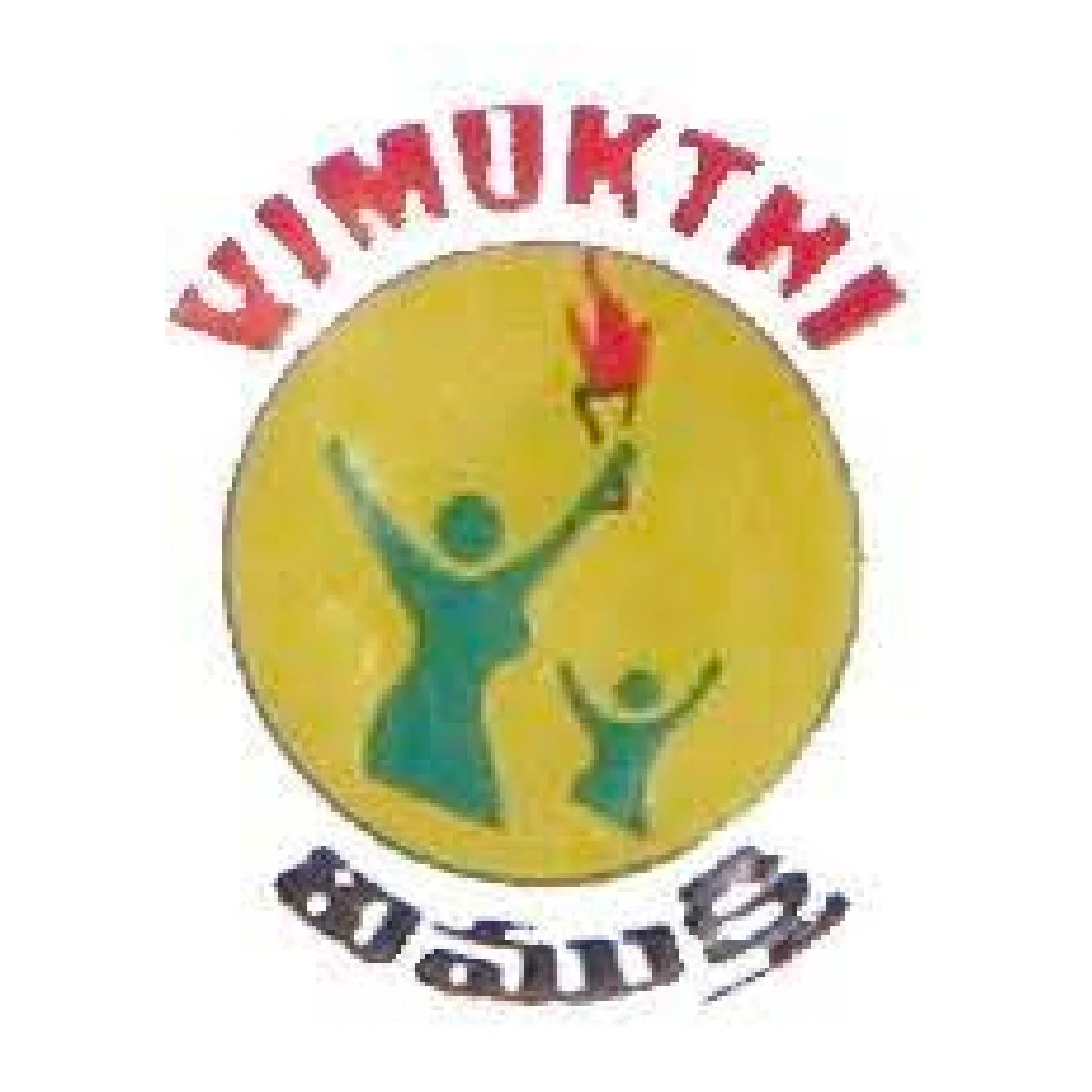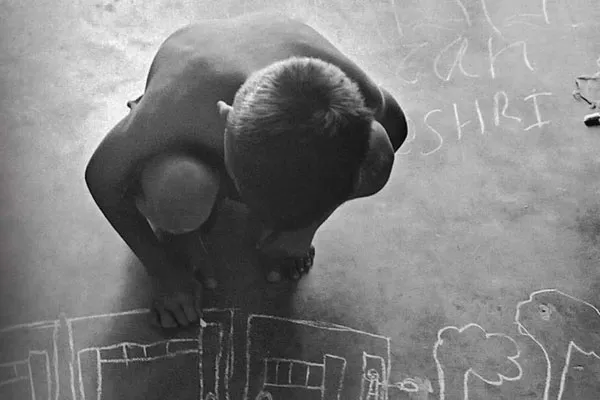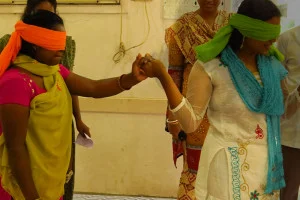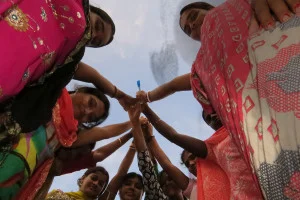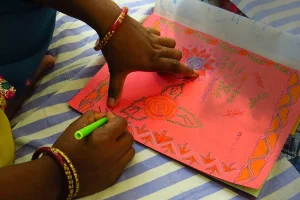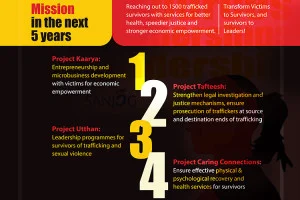Overview
Currently, rehabilitation programmes in India follow a very linear trajectory; beginning with rescue, followed by institutional care, and finally, reintegration. The trafficked survivors return to their communities following institutional care, only to be met by hostility and stigma. The conditions of violence and vulnerability continue to exist within their communities, with the added threat of continued/ renewed intimidation by their perpetrators. Furthermore, the prevalent policy landscape in the country does not include focused interventions either at the individual or group level for complex PTSD or for the assessment of survivors’ mental health. Redressal mechanisms for the violence and stigma faced by survivors within their communities are also missing.
*Source: Justice and Recovery: A Forced Binary by Pompi Banerjee
Against this backdrop, it’s important to integrate survivors within their preferred communities by giving them full access to rights and entitlements.
Why Assimilation Matters
Survivors of violence need to be able to exercise their agency and pursue their dreams and aspirations. Preventing re-victimisation is essential, as is the need to reduce the risk of further exploitation, and strengthen systems for easy access to rehabilitation rights and entitlements of trafficked survivors. It is necessary to pivot from a position of victimhood and protectionism to one of recognising the survivors’ agency.
- Proper integration of the survivors in their preferred communities, can give them access to rights and entitlements, where they can pursue their dreams and aspirations
- A shift in perspective from charity to human rights, awards the survivor the power and authority to make informed choices concerning their needs and wants
- Survivors’ scope of access to justice is enhanced and happens in a systemic manner, which further leads to participation in the legal processes.
- Affirmative mental health and trauma-informed care principles can be integrated into programming and monitoring
- Survivor leadership building can be integrated within communities, leading to transformation in power relations and accountability
- Recognising the impact on survivors’ mental health can allow for justice to be redefined
What Does Sanjog Do
Sanjog believes in community-based rehabilitation ad community awareness for the needs and agencies of survivors to be addressed. Sanjog’s facilitations in this area has enabled:
- Strengthening grassroots organisations, and mobilising and organising survivors to take collective action in assertions, confrontations and deputations
- Duty-bearers to be sensitised towards the needs and agencies of the survivors and address the issue at institutional levels – law and policy reforms
- The use of tech tools to help strengthen evidence collation and organising, the data from which can be used to map the performance of duty bearers and social workers by the survivors
How Does Sanjog Do This
Community-based rehabilitation requires commitment, clear planning, protocols, provision for resources, decentralisation, referrals, monitoring and evaluation. A shift from a linear approach of institutional or custodial care to survivor-led rehabilitation is vital. Sanjog works with grassroots organisations and governments to ensure:
- Capacity building for partners and duty-bearers
- Tech-based MIS
- Training of frontline workers and survivor leaders on digital tech and media
- Awareness building and public education of the government and stakeholders who are responsible for studying global rehabilitation models

